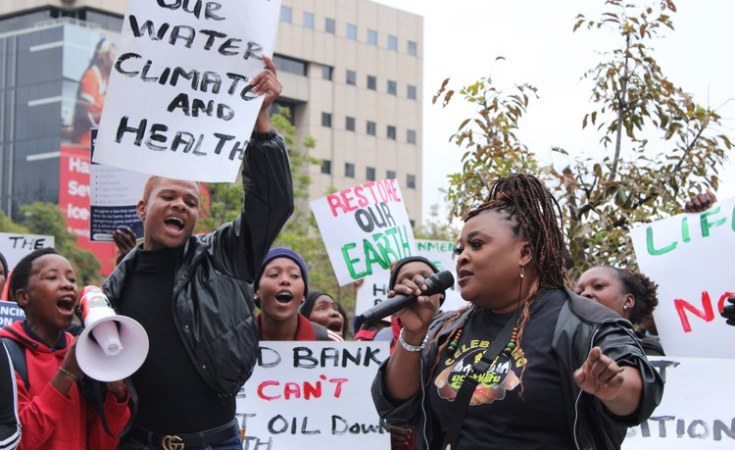Tanzania has approved the construction of a pipeline that would allow Ugandan oil to be delivered to international markets, dismissing environmental concerns about the project as "propaganda".
Tanzania's government on Tuesday approved the construction of the East African Crude Oil pipeline (Eacop) that would transport crude from oil fields being developed in Lake Albert, in northwestern Uganda to a Tanzanian port on the Indian Ocean.
The $10 billion (9.4 billion euro) oilfields and pipeline project, which is being jointly developed by France's TotalEnergies, the China National Offshore Oil Corporation, along with the state oil companies of Uganda and Tanzania, required approval from both countries - with Uganda issuing a license to the project operator last month.
The underground heated pipeline is set to become the longest of its type when completed, expected in 2025, and has been held up as an economic opportunity for both countries.
But the Lake Albert region is one of the world's most biodiverse, and rights groups and environmental campaigners say the project threatens the region's fragile ecosystem and the livelihoods of tens of thousands of people.
Tanzanian Energy Minister January Makamba rejected the environmental and rights concerns as "propaganda".
"There are a lot of noises in opposition to the project," Makamba said, adding that the country has "complied with all the environmental, safety and human rights standards."
"We are proud of the pipeline because it will increase Tanzania's influence in the world."
(with AFP)


